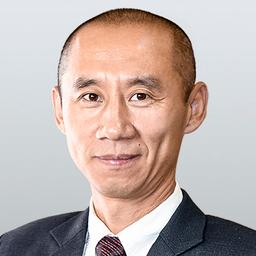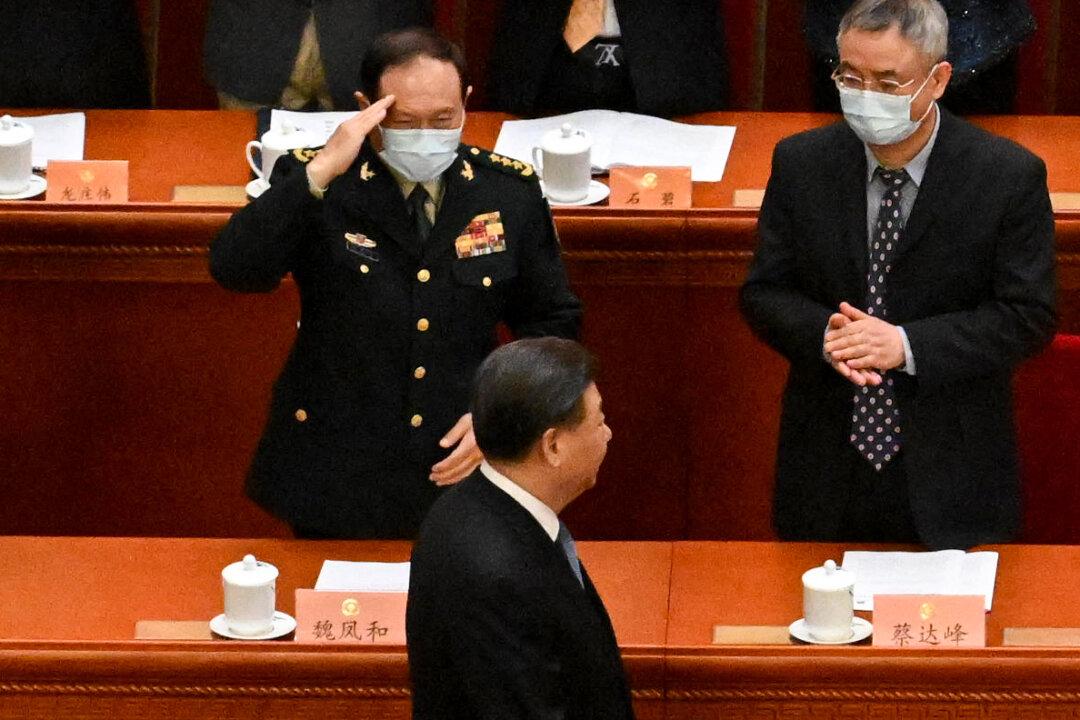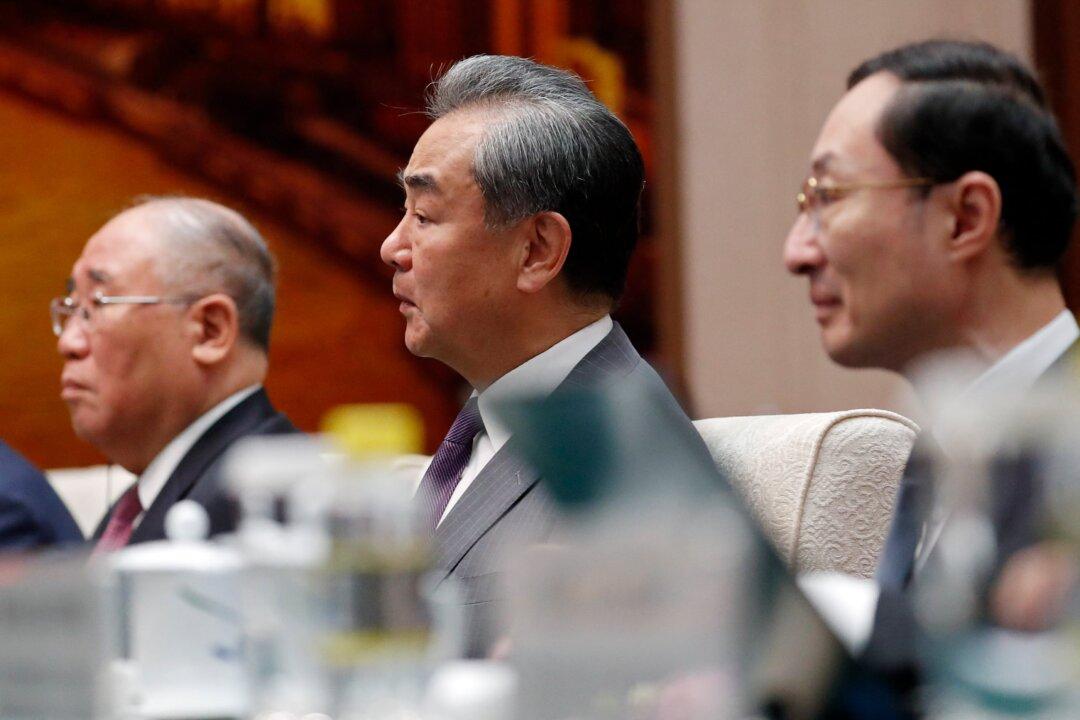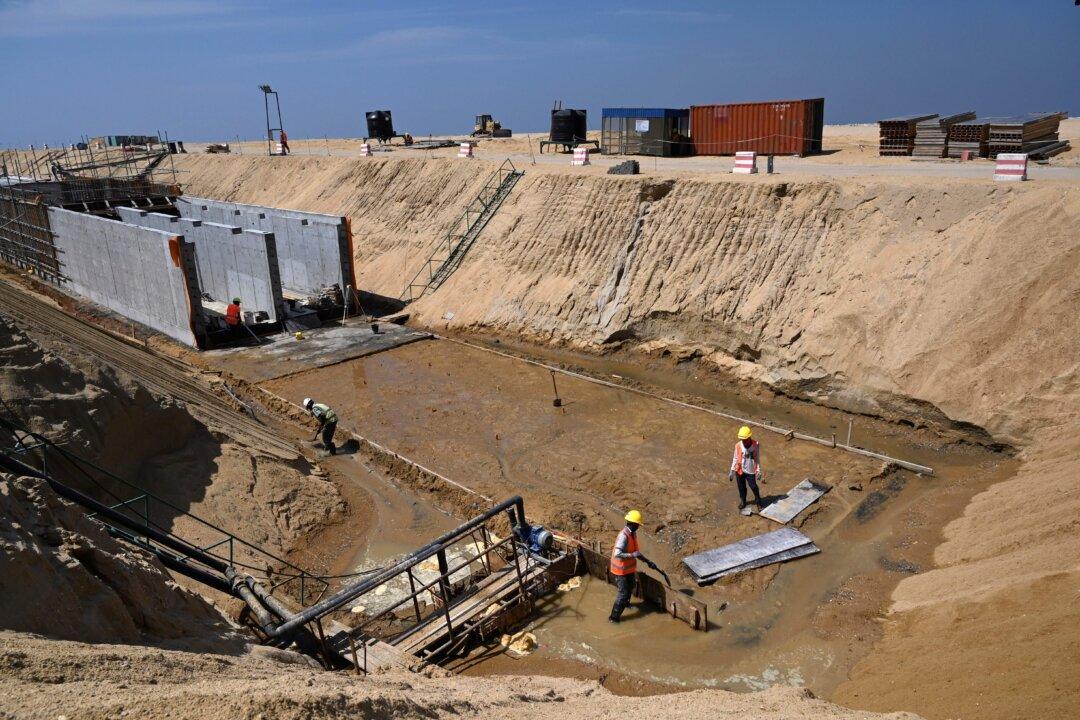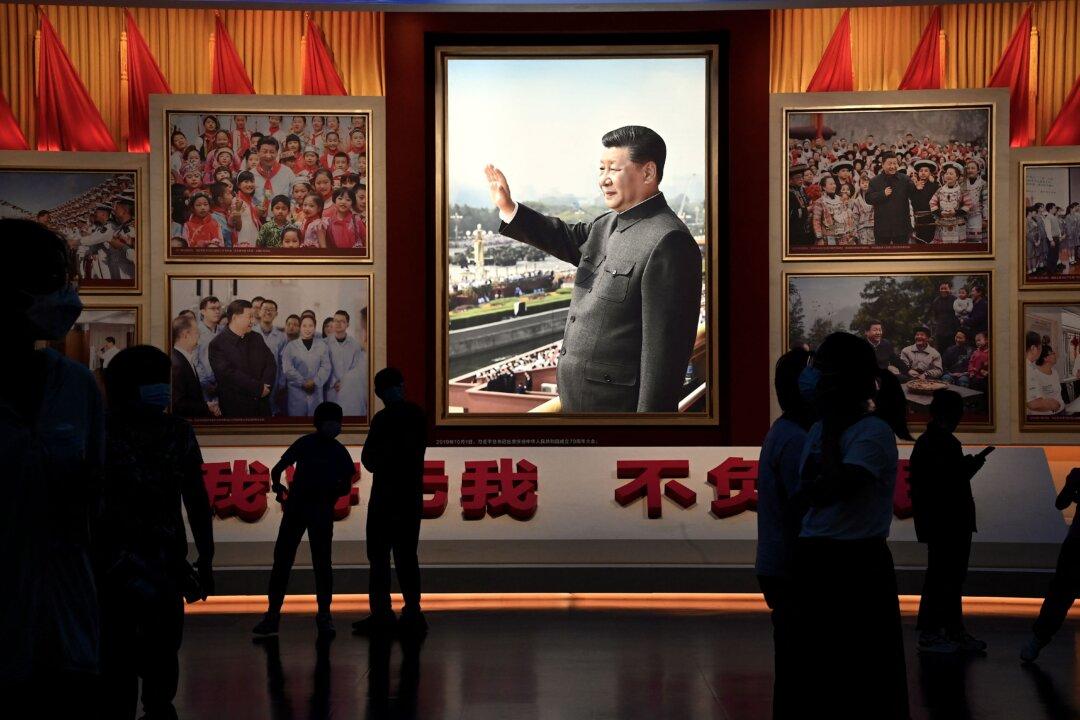Xi Jinping’s crackdown on business has transformed the ranking of China’s wealthiest people. As indicated by the Hurun China Rich List 2021, many familiar names dropped several places, while at least nine tycoons have had their properties auctioned by the courts.
New names were seen in the top three of this year’s rich list, with Zhong Shanshan, the “Bottled Water King” and chairman of Nongfu Spring, topping the list with a net worth of $60.6 billion. New to second place was TikTok founder Zhang Yiming with $52.8 billion. The changes also saw Zeng Yuqun, the Battery King and chairman of Ningde Times, rise to third place with a net worth of $49.7 billion.

